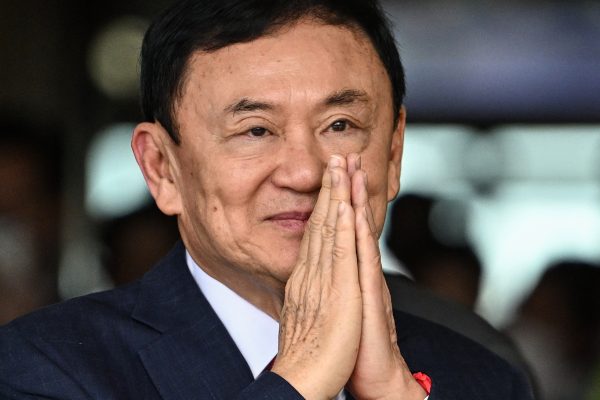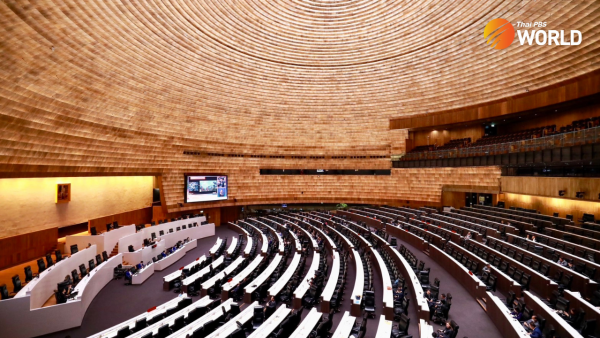America and Thailand: Similarities and differences

The red and blue colors marking who wins which states in the US presidential race are eerily similar to how Thailand’s map is painted after each general election. Consequences of the coloring that underlines political divide in both countries used to be starkly different, but Donald Trump and his die-hard support are making sure both set of citizenries can be more alike than initially thought.
The Americans were familiar with a peaceful and graceful handover of power. Thais were not, are not, and very likely never will be. In America, the coloring used to reflect or show off “maturity”. In Thailand, it has been screaming “Trouble!” The stark difference, however, appears no longer so.
The concept of “Winner takes all” has long been defended as an integral part of America’s democracy, which has been advertised to the whole world and bought by many countries, including Thailand. It sounds like a good principle as long as the winner wins by a landslide, say 60 % against 40 % or 70 % against 30 %. When both Joe Biden and Trump have won more than 70 million votes each, the question is: Should Biden take all?
Even Barack Obama is worried and, if one reads between his lines, unsure. “What (the numbers) say is that we are still deeply divided,” he said. “The power of that alternative worldview that’s presented in the media that (Trump’s) voters consume – it carries a lot of weight. … It’s very hard for our democracy to function if we are operating on just completely different sets of facts.”
Obama is right in worrying about the 73 million votes Trump got (as of this week), but the former president might be fundamentally questionable in questioning the way Trump got them.
Trump and Obama may be more similar than they care to admit, and that can be the reason why those monitoring American politics can sense trouble brewing for democracy, which is supposed to function on allowing “different sets of facts” to compete and win over the stakeholders. Trump calls news against him “fake news”, whereas Obama, who has been firing on all cylinders against the embattled president, bemoans consumption of information that allowed the Republican flagbearer to win more than 73 million votes. In short, both Trump and Obama were suggesting that one set of facts might be better.
Thai ideological rivals would have preferred the same thing, which is one media camp presenting their truth and their truth only. They attack reporters or journalist or broadcasters that they don’t like. They call them “liars” who ignore or misrepresent facts, and they adore those whose presentation of “truth” or history support their cause. It’s quite the same when it comes to America’s Democrats, Republicans, CNN and Fox News.
Republican protesters have taken to streets decrying the “stolen election.” They don’t accept defeat, knowing that for the next four years at least, they will have to live with a government they hate. Trump is either buoyed by that or he sowed the seeds for the protests in the first place. Either way, it’s about a fight for power, amplified by the “Winner-takes-all” concept that takes virtually everything away from the loser.
If that sounds very familiar, especially when Thailand is concerned, here’s a key difference: Trump and Biden, albeit the Republicans and Democrats, share the same ultimate goal, which is the American supremacy. They have been fighting over minor or hair-splitting details, like how much to reduce or increase taxes, or how American diplomacy should pan out, or how to handle the economy during the COVID-19 pandemic. Thai political rivals, on the other hand, are battling each other over fundamental things, like whether or how a deep-rooted political culture should be upended.
In other words, America may be becoming like Thailand of four or five years ago while Thailand of today has moved away a step or two. This does not mean both countries won’t get progressively closer in the future, though. After all, in a newly-written American analysis, the headline is this: “Is Trump taking a page from Thailand’s playbook?”
By Tulsathit Taptim






